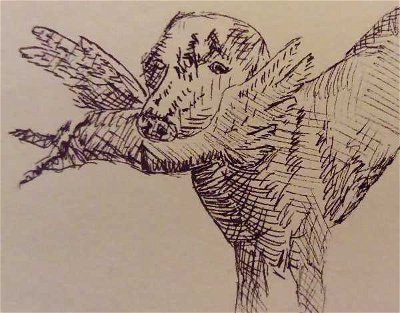8. For starters, from where do we get the word "coconut?"
From Quiz Interesting Origins of Food-Related Words
Answer:
The name of a Portuguese bogey-man
In sixteenth century Portugal, it was common for parents to threaten their children with tales of the "Coco," who would come for them if they didn't behave. Although no one knew what it looked like, any Portuguese child could describe its face and head perfectly; the term "coco" derives from a Latin word meaning "skull." When Portuguese traders first made it as far as the Pacific islands, they saw their first palm trees. The men observed the large brown fruit in the palms, each nut with three black marks, and remarked upon their resemblance to the imagined head of that old childhood horror, the "Coco." The fruit was later introduced to Europe as the coconut.
Samoan has two words for head, the formal "ao" and informal "ulu." In Tagalog, rock is "bato," (with an acute accent on the "a"). Finally, Thai cattle are known simply as Thai cattle.
(Thanks to www.samoalive.com and www.tagalog-dictionary.com)









 Quick Question
Quick Question